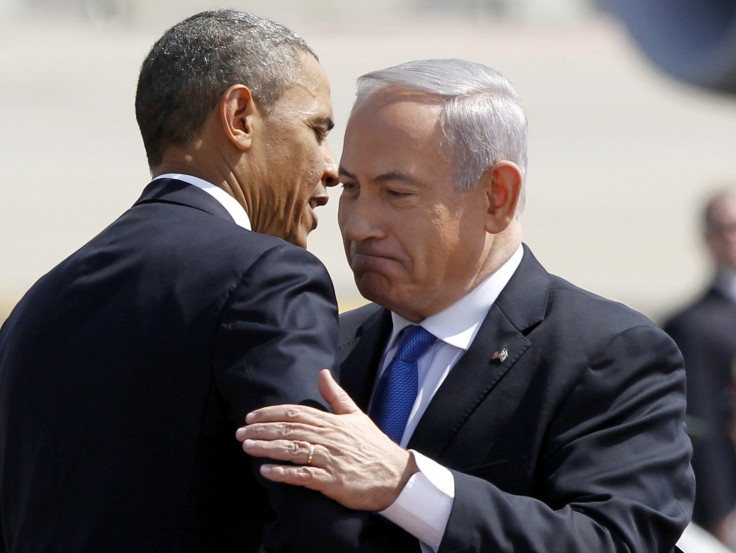US-Israel Relations 2016: Top Democrat Urges Kerry Not To Engage In Israel-Palestinian Mediation

A senior democrat criticized the Obama administration on Tuesday for their handling of the diplomatic row that has erupted with the Israeli government over the U.N. Security Council resolution condemning Israeli settlement activity.
In a statement released by House Democratic Whip Steny H. Hoyer , who is the second-ranking elected official in the House Democratic Caucus , he described how he “ urged the Administration to veto ” the recently passed resolution and added that the United States “must now take steps to signal unequivocally to the entire world that we will continue to stand by our ally Israel as it seeks to build a future of peace and safety as a Jewish state and an equal member of the family of nations."
“This flies in the face of the United States's longstanding position that such a formulation should be reached only through negotiations by the parties and not by the United States, the United Nations, or any other third party… I urge Secretary [John] Kerry and the Administration not to set forth a formula, which will inevitably disadvantage Israel in any negotiation,” he said in the statement.
Kerry is returning to Washington from vacation to give a speech outlining his vision on the Israeli-Palestinian conflict on Wednesday.
In the aftermath of the Security Council resolution passed Friday, where the United States abstained, Israeli Prime Minister Benjamin Netanyahu has alleged that the Obama administration helped draft the resolution and also lobbied to get it passed.
The United States government has strongly denied the accusations. Meanwhile, Israel upped the ante on Tuesday as it declared its intentions of curtailing relations with 10 countries that voted in favor of the resolution.
Israel announced that it is limiting its "work contacts with the 10 relevant embassies here, as well as travels of officials from Israel to those countries ... until otherwise decided," Foreign Ministry spokesman Emmanuel Nahshon said in a statement, according to NBC. These countries were Britain, France, Russia, China, Japan, Ukraine, Angola, Egypt, Uruguay and Spain, said Nahshon.
The resolution that has unnerved Israel and created a diplomatic furor, demands that Israel “immediately and completely cease all settlement activities in the occupied Palestinian territory, including East Jerusalem,” and declares that the establishment of settlements by Israel has “no legal validity and constitutes a flagrant violation under international law.”
However, even though Palestinian leaders have announced plans to use the resolution to seek International Criminal Court intervention and push for formal investigations into whether Israel is violating the Geneva Conventions, the fact that the resolution is a nonbinding measure means that even if Israel ignores the resolution and continues to expand existing settlements or build new ones (Israel has already said it aims to do both), they can’t face any financial sanctions or other punitive measures.
Based on Donald Trump’s posturing on the issue, the incoming Trump administration may veto another Security Council resolution, required to enforce the last one.
© Copyright IBTimes 2024. All rights reserved.






















